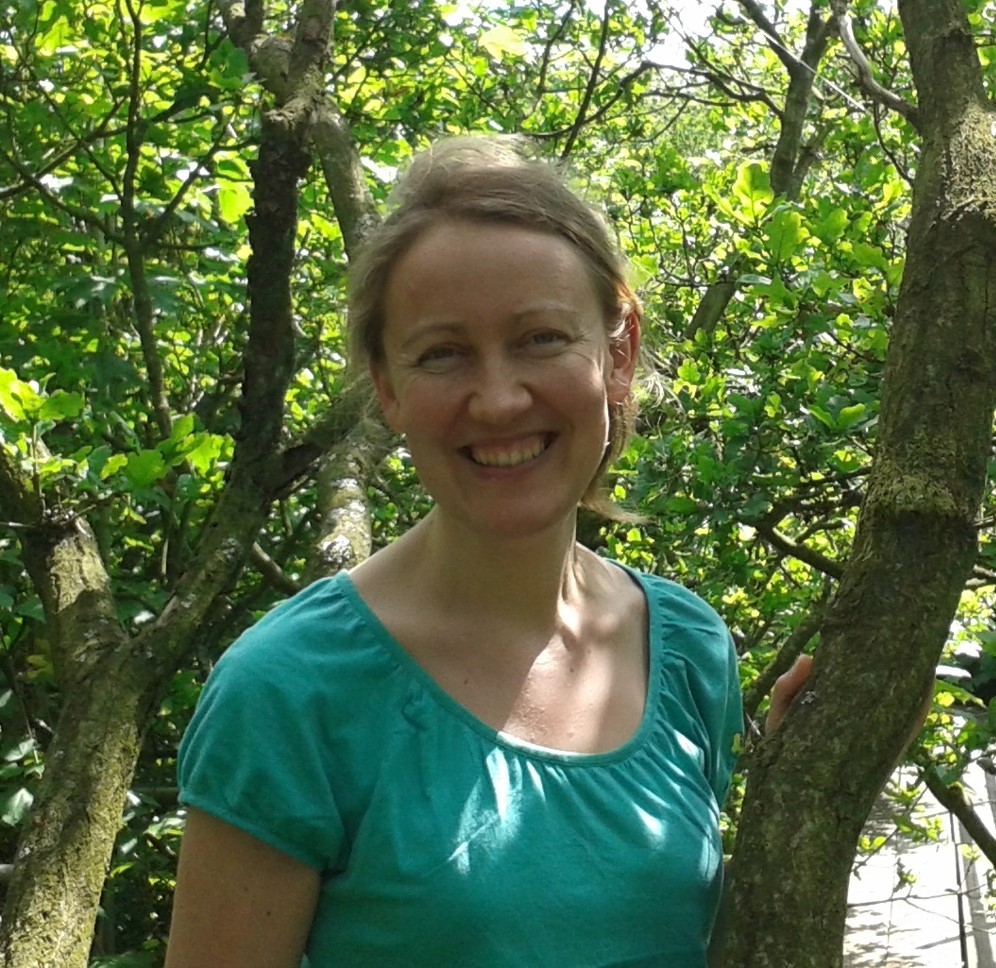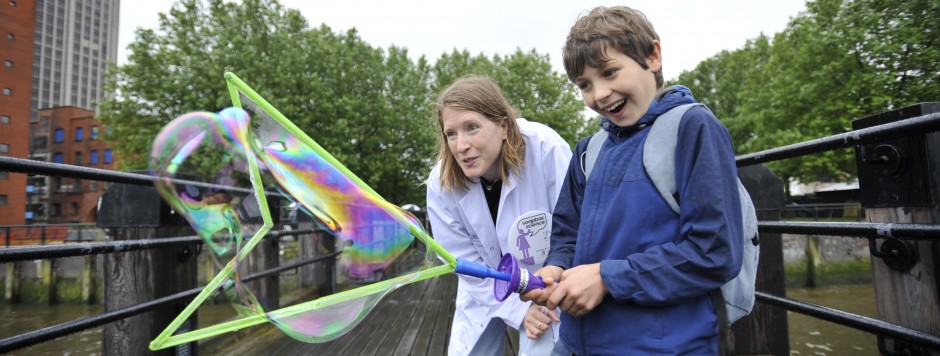 Sofia Gripenberg is a Royal Society Research Fellow at the School of Biological Sciences at the University of Reading. Her work investigates the interactions between plants and their insect enemies. Her current main project assesses the role of insects attacking seeds and seedlings in maintaining and structuring the extraordinary diversity of plant species in tropical forests. She will be taking part in Soapbox Science Reading on 8th June with the talk: “What would a forest without insects look like?”
Sofia Gripenberg is a Royal Society Research Fellow at the School of Biological Sciences at the University of Reading. Her work investigates the interactions between plants and their insect enemies. Her current main project assesses the role of insects attacking seeds and seedlings in maintaining and structuring the extraordinary diversity of plant species in tropical forests. She will be taking part in Soapbox Science Reading on 8th June with the talk: “What would a forest without insects look like?”
Q: Sofia Gripenberg, how did you get to your current position?
After my undergraduate and MSc studies at the University of Helsinki I was trained as a teacher in Biology and Geography. I then went on to do a PhD on the interactions between oak trees and leaf-mining moths. Since obtaining my PhD degree I have worked in the UK, Panama, and Finland on a range of topics related to the ecology of insects and plants. Getting to my current position has required some stamina and hard work, but for the most part it has been a very enjoyable journey.
Q: What, or who, inspired you to get a career in science?
As an undergraduate student I became interested in ecology as an academic discipline. My choice for field-based ecology was partly triggered by my love for nature and the outdoors. Becoming a research scientist was not an immediately obvious career choice: the uncertain job prospects made me hesitate on a few occasions. I have been very lucky to have encouraging supervisors and colleagues who have helped me see the potential of my work.
Q: What is the most fascinating aspect of your research/work?
As a scientist working on tropical insects I routinely encounter species that I have never seen before. Seeing all these weird but wonderful life forms and trying to work out how they fit into the larger rainforest food web is very satisfying. I also enjoy the many interactions I have with students and other scientists through joint research projects.
Q: What attracted you to Soapbox Science in the first place?
As a scientist it is easy to get absorbed by your work and the specific projects you currently work on. I see Soapbox Science as a great opportunity to get out of the research bubble and tell other people about what we do, and why we think it matters.
Q: Sum up in one word your expectations for the day
Exciting.
Q: If you could change one thing about the scientific culture right now, what would it be?
Although I think that the importance of having a healthy work-life balance has become more emphasised in the scientific community in recent years, there is certainly scope for further improvements. Science should be an option also for people who do not want to, or for various reasons cannot, put in excessively long hours of work.
Q: What would be your top recommendation to a woman studying for a PhD and considering pursuing a career in academia?
My recommendation for women – or indeed anyone – studying for a PhD would be to try to make the most of training and networking opportunities offered and not to get locked into a too specific research trajectory very early on in your career. It is also worth remembering that the skills you acquire as a PhD student or postdoctoral researcher are transferable – your efforts will not be wasted even if you were at a later stage to decide that academia was not for you.
